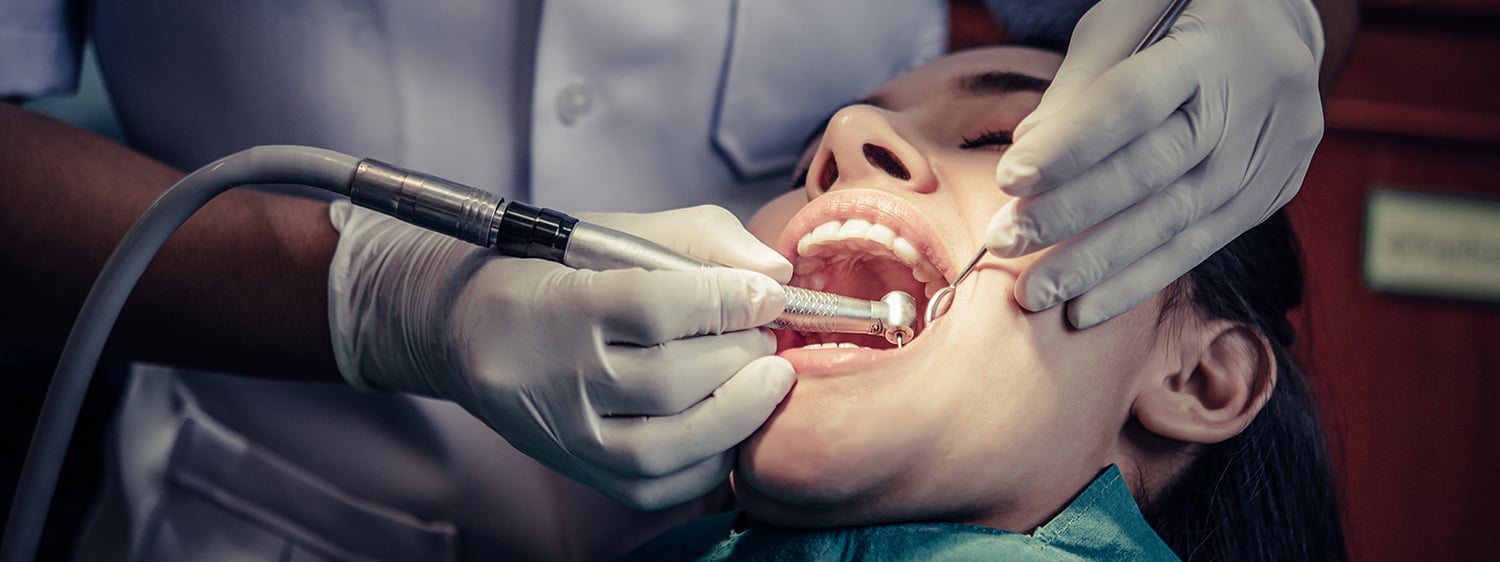Dental bonding is a popular cosmetic procedure used to improve the appearance of your teeth by addressing chips, cracks, gaps, and discoloration. Dental bonding requires special care after treatment to ensure its longevity and maintain the aesthetic results. While Dental Bonding Cementing is generally low-maintenance, taking care of your bonded teeth can prevent damage and discoloration, helping you enjoy a beautiful smile for years. In this article, we will explore what post-treatment care is necessary for maintaining the results of dental bonding.
Immediate Aftercare Following Dental Bonding:
After the dental bonding procedure, the initial care is crucial to ensure the restoration stays intact and functions properly. The good news is that dental bonding typically requires very little recovery time.
- Avoid eating immediately: Avoid eating for at least 30 minutes after the procedure to allow the bonding material to fully set.
- Be cautious with your bite: While bonding hardens immediately under a UV light, it’s essential to avoid biting into hard foods or objects in the first 24 hours to allow the resin to fully stabilize.
- Monitor for any discomfort: Some patients may experience mild sensitivity after the procedure, but this typically resolves within a few days.
These simple aftercare steps can help protect your new bonding material and ensure it stays intact immediately after treatment.
Long-Term Care for Bonded Teeth:
While dental bonding doesn’t require extensive care, maintaining good oral hygiene is essential to ensure the bonding material stays in place and that your teeth remain healthy.
- Brush and floss regularly: Maintain a regular brushing and flossing routine to keep your teeth clean and prevent plaque buildup around the bonded areas.
- Use a soft-bristled toothbrush: To avoid damaging the bonding material, use a soft-bristled toothbrush and avoid aggressive brushing.
- Avoid harsh chemicals: Be careful when using abrasive toothpaste or cleaning products, as these can wear down the resin over time.
Taking care of your oral hygiene can ensure your bonded teeth stay in great condition for years.
Foods and Drinks to Avoid After Dental Bonding:
Certain foods and drinks can stain or damage the bonding material, so it’s important to be mindful of what you consume after your procedure.
- Avoid staining foods: Foods and drinks like coffee, tea, red wine, and berries can stain the bonding material, making your teeth appear discolored over time.
- Limit acidic foods: Citrus fruits, pickles, and carbonated beverages can soften the bonding material, making it more vulnerable to wear and tear.
- Steer clear of hard foods: Hard foods like ice, nuts, or candies should be avoided to prevent the bonding from chipping or cracking.
By limiting the consumption of these foods and drinks, you can protect your bonded teeth from staining or damage.
Regular Dental Checkups and Professional Cleanings:
Regular visits to your dentist play an important role in maintaining the integrity of your bonded teeth. Professional cleanings help remove any plaque or tartar that could compromise the bonding material.
- Annual checkups: Regular dental checkups allow your dentist to examine the condition of your bonded teeth and address any issues before they become significant.
- Professional cleanings: Routine cleanings by a dental professional will help maintain the appearance of the bonding material and ensure that your teeth remain healthy.
- Resin maintenance: During checkups, your dentist may also examine the bonding material for signs of wear and repair it if necessary.
Keeping up with regular dental visits is key to prolonging the lifespan of your dental bonding.
How to Prevent Damage to Bonded Teeth?
To maintain the longevity of your dental bonding, it’s important to avoid behaviors that could damage the bonding material. Simple habits can go a long way in preserving your restoration.
- Don’t bite hard objects: Avoid biting into things like ice, pens, or fingernails, which could cause the bonding material to crack or break.
- Wear a mouthguard: If you play sports or grind your teeth at night, wearing a mouthguard can protect the bonding material from damage.
- Stop smoking: Smoking can stain both natural teeth and bonded teeth, causing discoloration that is hard to reverse.
By adopting these habits, you can help prevent unnecessary damage and keep your dental bonding intact.
When to See Your Dentist for Bonding Issues?
While Dental Bonding Cementing treatment is durable, issues can sometimes arise that require attention. Knowing when to see your dentist for a checkup is essential for maintaining the success of the procedure.
- Loose or cracked bonding: If you notice that the bonding is loosening or has cracked, it’s important to see your dentist for a repair.
- Persistent sensitivity: While mild sensitivity is common after the procedure, ongoing discomfort may indicate an issue with the bonding material.
- Discoloration or staining: If your bonded teeth start to look stained despite your efforts to avoid staining substances, your dentist may recommend a professional cleaning or touch-up.
Promptly addressing any issues with your bonding can help preserve the health and appearance of your teeth.

